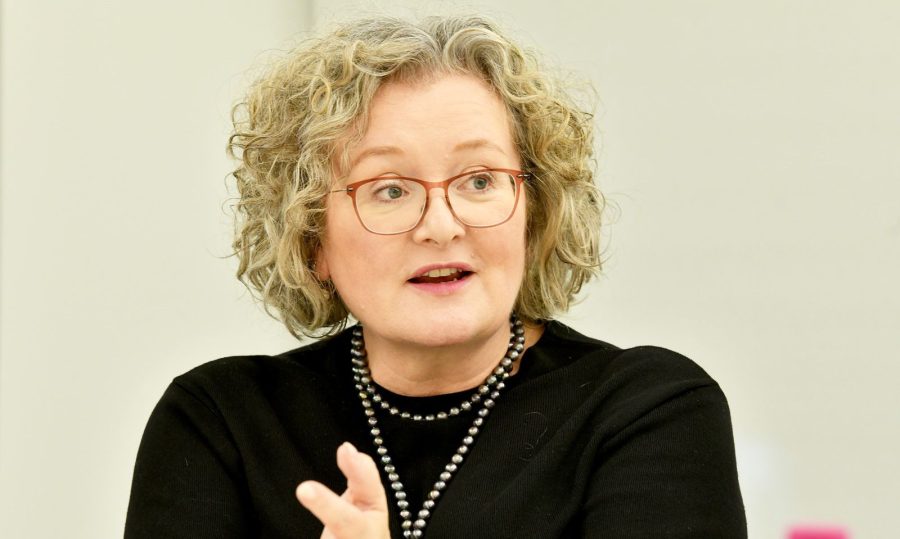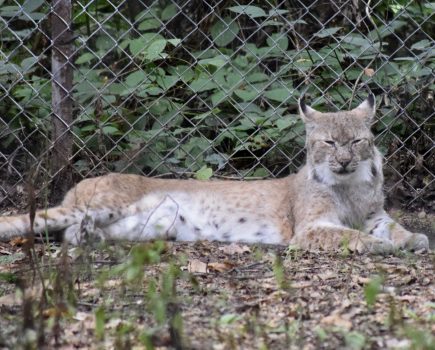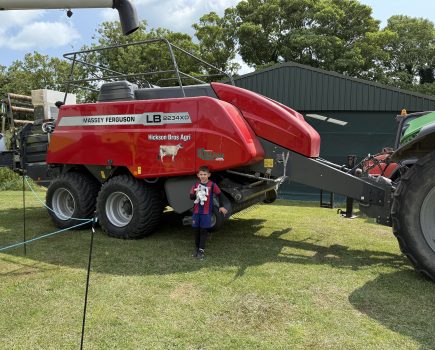November was varied and interesting. The 19th was a demonstration of the quiet dignity, strength of conviction and importance of British farming. For my team at City Harvest it was one of exceptional emotion and impact, too.
As the organisers began to formulate their plan in the preceding weeks, it was decided that an additional statement would be made, reinforcing the fact that British farmers feed the nation and would begin on the 19th with the poorest and most needy.
As an associate of the Royal Agricultural Society, I worked with that impressive network to ensure that not a single sprout of the finest of British produce would go to waste.
With a 7.5t truck and five vans standing by, my team waited on Richmond Terrace, not knowing if we would be dealing with one van’s worth of donated produce or six. We weren’t disappointed. The phalanx of sprout stalks parading past The Cenotaph followed by giant leeks, bags of potatoes, wheels of cheese, jam, honey, boxes of apples and produce from retailers totalled a staggering 6,693kg of high-quality British food.
The donations equated to 15,400 nutritious meals that City Harvest shared with those living in food insecurity in the capital. With the donations came the letters, some from children concerned for their future in the industry, others from parents afraid that they might be the generation to end their family’s dedication to feeding the nation.
All spoke about their dedication to their vocation, the quality of their product (modestly of course) and all sounding fearful, but they were still thinking of others.
And where did the food go to? First to Acton to be sorted into deliveries for the 123,000 people we help nourish across 30 boroughs. It went into schools, church mission kitchens, homeless shelters, community centres and food banks caring for the most vulnerable.
It was greeted with great joy, because it was beautiful as well as nutritious, and British grown. City Harvest is grateful for the donations and knows how life-changing nutritious food is for people who struggle to afford fresh produce for their families. We are acutely aware that malnutrition is a huge generational threat to the UK.
The charity always needs more food. We can collect from the farm gate, return your field bins, off hire the crates and send you a report on where the food has gone, its social benefit and impact. You can even show your supermarket buyer the incredible value of the bit they don’t want.
We are so grateful to everyone who donated on the 19th, thank you!
Before joining City Harvest, I had been working on a project with the British Serbian Chamber of Commerce on opening new markets and creating a beneficial bilateral trade environment between the two nations.
In November I was kindly invited back by the Chamber of Commerce UK representative Jadranka Derbisevic. The first day was a trade and industry conference focussing on bilateral trade opportunities between the Western Balkan states and the UK.
Representatives from the UK included the Ambassador, Robert Ferguson, who talked about the British businesses engaged in the digital transformation sector in the Western Balkans, the agri-tech partnerships between the nations, and the opportunities for British businesses in the region.
Aleksander Vucic, Serbian President, talked about the need for great cooperation in the region and the importance of the British financial sector.
One of the other events on the trip was Wine Vision 2024, significant not just because there were 700-plus global vineyard businesses present but also because of the quality of the British wine industry’s presence.
The winner of the global best glass of bubbly was Knightor, from Cornwall, making it the first British vineyard to achieve this. The team was present at the event with samples of their Blanc de Blanc, Rosé and Pinot Noir alongside the 2014 winning vintage.
The British ambassador was presented with a magnum of Windsor Great Park sparkling wine, produced by Nyetimber. This was the result of an exceptional partnership with the late Duke of Edinburgh, who planted some of the vines in the park vineyard. Nyetimber sparkling wines also attracted a lot of attention from wine buyers and journalists from the Western Balkan states.
So, is there opportunity in the area for British farmers and British tech companies? I would say definitely, with a good number of British investments already in place and British businesses focussed on the development of the region.













